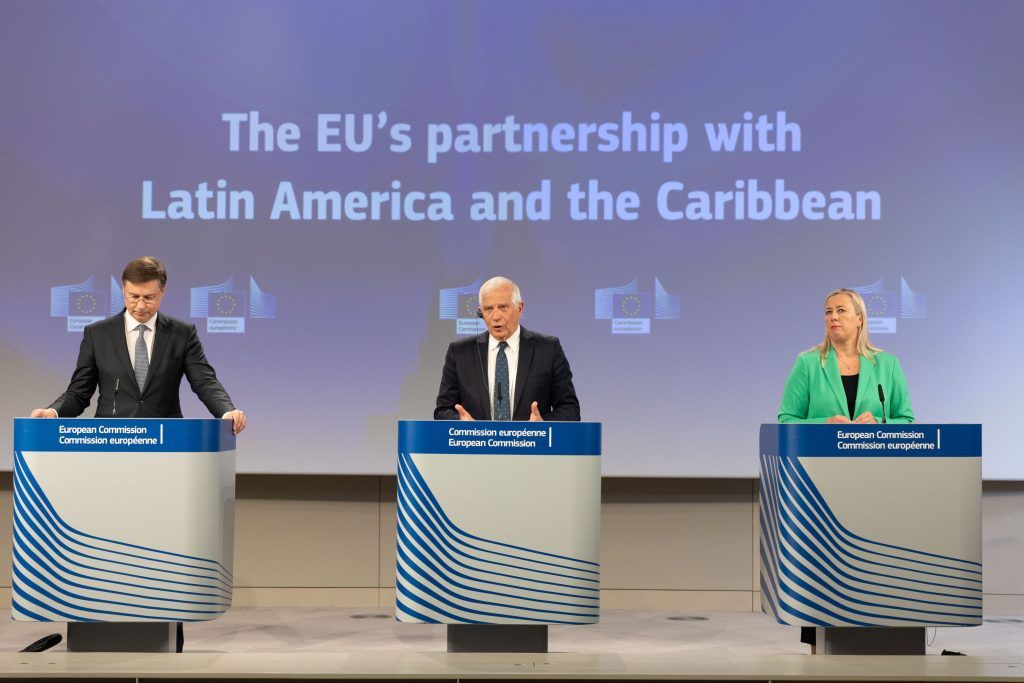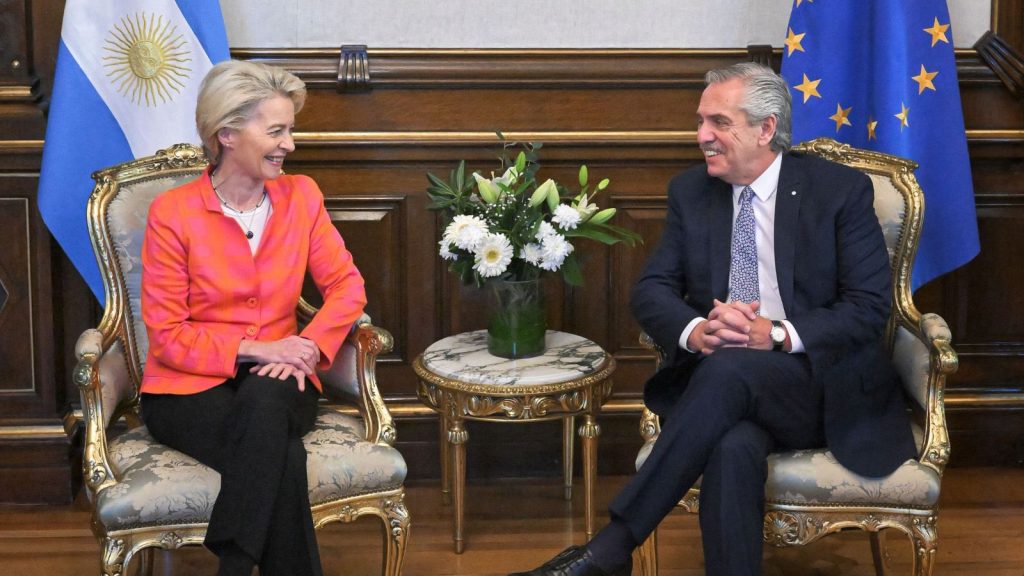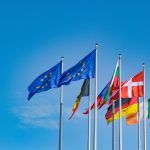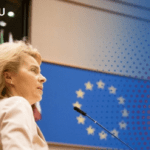Commission President Ursula von der Leyen and the President of Argentina, Alberto Fernández, signed a Memorandum of Understanding establishing a partnership between the EU and Argentina on sustainable raw materials value chains.
In line with the EU’s Global Gateway strategy, the agreement aims to ensure the development of a secure and sustainable supply of raw materials necessary for the clean energy and digital transition. It also aims to develop a sustainable raw materials industry, and to support the creation of local added value, quality employment and sustainable and inclusive economic growth, to the mutual benefit of both sides.
President of the Commission, Ursula von der Leyen, said: “I am glad to sign this partnership between the EU and Argentina for the development of sustainable raw materials value chains. This is truly win-win. It is a big step forward for the EU’s climate ambitions and it is beneficial to Argentina as a key global player in the clean energy transition. A partnership based on shared commitments to a greener, digital and more resilient future for all.”
The partnership is centred around five areas of collaboration:
- Integration in the sustainable raw materials value chains, including through joint development of projects, new business models, promotion and facilitation of trade and investment linkages;
- Cooperation on research and innovation along the raw materials value chains, including on minerals knowledge, the minimisation of environmental and climate footprint, and circular economy;
- Cooperation to leverage environmental, social, and governance (ESG) criteria and align with international standards;
- Deployment of hard and soft infrastructure for projects development, minimising their environmental and climate impact;
- Strengthening capacities, vocational education and training and skills development along sustainable raw materials value chains in accordance with international labour standards.

Nuevo programa de la Unión Europea para empresas de Latinoamérica: AL-INVEST Verde
|
The EU and Argentina have committed to develop an operational Roadmap within 6 months of the signature of the Memorandum of Understanding. The Roadmap will include cooperation actions that will be carried out by relevant stakeholders from the EU Member States and Argentina and will be supported by the EU’s Global Gateway Investment Agenda for Latin American and the Caribbean strategy.
Background
Critical and strategic raw materials are indispensable for a wide set of strategic sectors including the net-zero industry, the digital industry, aerospace, and defence. As demand for critical raw materials is projected to increase drastically, Europe still heavily relies on imports, often from quasi-monopolistic third country suppliers. The EU needs to mitigate the risks for supply chains related to such strategic dependencies to enhance its economic resilience, while achieving its climate and digital objectives.
The proposal for a Regulation on Critical Raw Materials leverages the strengths and opportunities of the Single Market and the EU’s external partnerships to diversify and enhance the resilience of EU critical raw materials supply chains. The Critical Raw Materials Act also improves the EU capacity to monitor and mitigate risks of disruptions and enhances circularity and sustainability.
The Commission has already started working to build strategic partnerships with resource-rich third countries, making use of all external policy instruments and respecting its international obligations. The EU will work with reliable partners to promote their economic development in a sustainable manner through value chain creation, while also promoting secure, resilient, affordable and sufficiently diversified value chains for the EU.

New Agenda to strengthen EU’s partnership with Latin America and the Caribbean |
The Commission has already established strategic partnerships on raw materials with Canada (June 2021), Ukraine (July 2021), Kazakhstan and Namibia (November 2022), on behalf of the EU. The partnerships allow both sides to advance trade and investments into secure, sustainable and resilient raw materials value chains, which are key to achieving the transition to climate-neutral and digitalised economies.
More information: European Commission







Leave a Reply